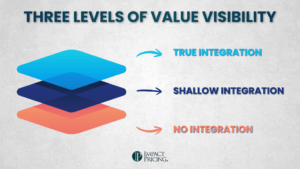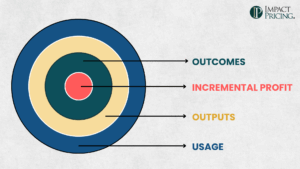Last year, a reader sent me an article from NPR titled “Inside the rise of ‘stealerships’ and the shady economics of car buying.” Just from the title, you can tell it wasn’t flattering. The article was about how many dealerships mark up the MSRP of a car and then negotiate with each buyer so different buyers end up paying different prices.
In the article, they correctly said economists call this “price discrimination.” Then they pointed out that research shows that black and old people tend to pay higher prices. A direct link to the popular meaning of discrimination.
They claim that older ladies pay the most. As though people are discriminating against old ladies. Based on the data, the truth is older ladies don’t negotiate as well. If we allow negotiating, then the people who negotiate better get lower prices, of course.
Let’s not debate the ethics of car dealership pricing or if it’s reasonable that older ladies pay more. However, I take issue with the phrase “price discrimination.” It has a negative connotation. This past week, while working with a few smaller companies, one of the executives used this phrase. I didn’t correct him, but maybe I should have. It struck me as harsh.
As pricing professionals, we all know this is the same thing as price segmentation. And price segmentation is a powerful tool we use to manage pricing. Price segmentation provides the poorest or least able to pay the ability to buy something. Price segmentation is our implementation of Robin Hood, where we take from the rich to “give” to the poor.
Sure, price segmentation can be used unethically, like many tools. But it’s also a tool to allow more people access to our products, while keeping us in business.
Just because economists call this price discrimination, it doesn’t mean we have to. When marketers use segmentation, do they call it market discrimination? After all, they are treating different buyers differently. We are pricing professionals. Let’s mold our own language.
Do you think I’m making too big of a deal out of this?
Now, go make an impact!
Tags: price, price segmentation, pricing














